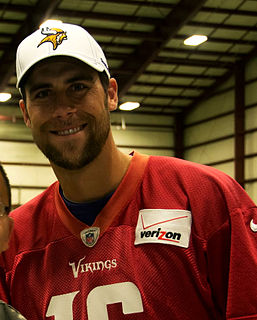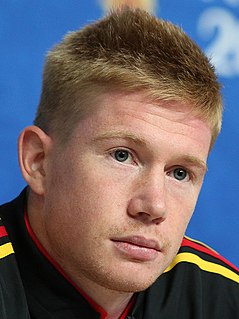A Quote by Matt Cassel
Five turnovers in the second half; you can't beat anybody doing that.
Related Quotes
I bring up 'The Heist,' and you can almost cut that record down the middle between songs where the beat came first and the words came second, and songs where the words came first and the beat came second. It can start with a vibe, a beat that drives a story, or it can start with a story and then trying to identify the tone to tell that story right.
There is a drowsy state, between sleeping and waking, when you dream more in five minutes with your eyes half open, and yourself half conscious of everything that is passing around you, than you would in five nights with your eyes fast closed, and your senses wrapt in perfect unconsciousness. At such time, a mortal knows just enough of what his mind is doing, to form some glimmering conception of its mighty powers, its bounding from earth and spurning time and space, when freed from the restraint of its corporeal associate.






































